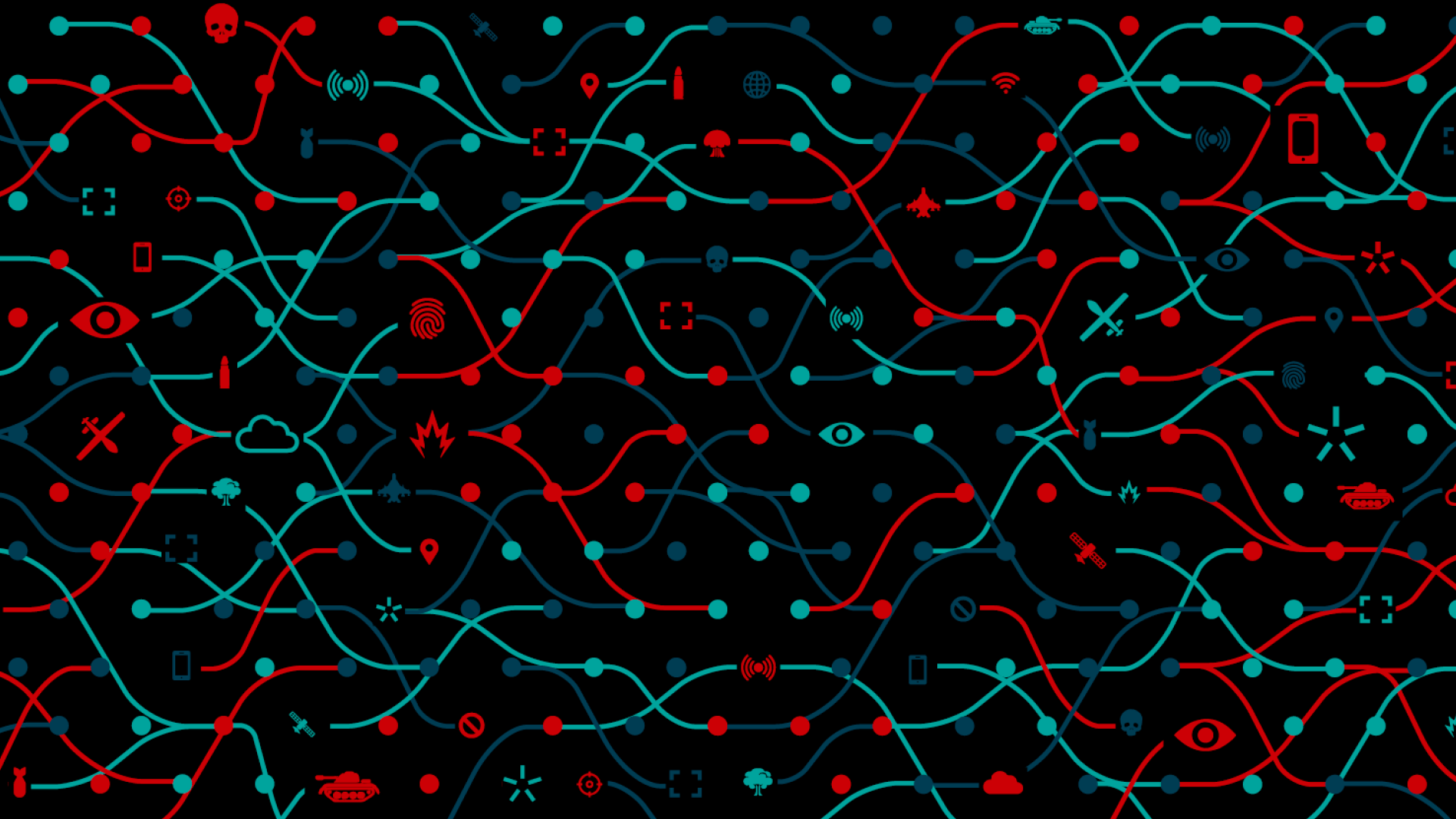Research Fellows · Lisa Ling: Research · Bio

“As wars come home, smart city technology ingratiates itself in our everyday lives and its pre-emptive threat modelling will empower police to apply military tactics in the civilian world, further marking the underserved as threats.”
Research: Accountability in Data-Centric Warfare: Insights From a Former Insider
Lisa Ling · Whistleblower, former Technical Sergeant, US Air Force Drone Surveillance Program, US
Download Full Research Paper (28 November 2024)
There is now enough declassified information to engage in a robust dialogue about what is happening behind connected autonomous and semi-autonomous drone platforms. This research draws on a number of available documents calling readers to look beyond the symbols of modern Network Centric Warfare and calls into question if ethical use, effective oversight and/or good governance of these emerging technologies and military frameworks is even possible in the current context.
This research will take a closer look at what the author has come to call the “Kill Cloud,” a rapidly growing networked infrastructure of global reach with the primary intent of dominating every spectrum of warfare. There is a need for critical analysis of how the “Kill Cloud” operates, from its ideological underpinnings, its ambitions, and more specifically, the technological approach being pursued to achieve global military dominance over all battlespace dimensions including, space, cyberspace, and the electromagnetic spectrum. There is a growing need to interrogate the vast system of systems as it exists today as well as it being an evolving weapons framework that will and does include different technologies, countries, militaries, corporations, agencies, and individuals. This framework is still being pieced together with accidental intentionality in the continued pursuit of global military dominance. Beginning with a focus on (semi)autonomous weapon systems including the Distributed Common Ground System (DCGS) and their recent evolution, this research attempts to explore various pieces of the still evolving sociotechnical framework and the developing power it attempts to project. Areas of specific research will include technology ethics, power dynamics, data transmission technologies, militarization, surveillance, and war.
The last half century ushered in a new military paradigm that removed the prior limitations of time and space to what is quickly starting to take the shape of a future all-encompassing unbounded contemporary global battlefield. Advances in communications technology continue to usher in, not only an era of endless war, but of war that is quickly becoming ubiquitous while at the same time less visible to many living in places perpetuating the continued growth and development of connected weapons systems. A time is fast approaching where military, state, and corporate communications structures are not clearly apportioned or defined and these sometimes vague delineations along with the power each can project for or against the state will also be examined. Large cloud based weapons systems enabling states to connect or disconnect from shared or symbiotic security platforms used to surveil or strike anywhere on earth or in space are now fast becoming reality. Large caches of critical information, regarding weather, satellite guidance systems, Global Positioning Systems, cellular towers distributing physical locations, with or without satellite imagery can be pooled and disseminated anywhere on earth in near real time. This research will also explore the effects of such systems on different populations from both the sending and receiving side of these systems.
Research Questions
Will these advanced technologies/weapons systems lead to more accurate information from anywhere, to be distributed anywhere, leading to more accurate precision strikes in war, or will the distribution of misinformation and erasing of civilian casualties become normative in Network Centric Warfare (NCW)? Will the emergent nature of these interconnected systems allegedly designed to protect democratic norms have far reaching and/or unintended consequences aiding in destroying them? How will the use of Artificial Intelligence change NCW, connected weapons systems, or stand-alone weapon systems? What impact will these systems have on international sovereignty? Has intelligence oversight changed as a result of mixing formerly segregated, or stove piped data structures? In light of these changes, what would oversight, or good governance look like from a U.S. perspective?
Lisa Ling
Whistleblower, former Technical Sergeant, US Air Force Drone Surveillance Program, US
Lisa Ling began her military career in the early 1990s as a medic and nurse. She became recognised for her information systems skills, and was encouraged to enter the combat communications field, where she participated in the operations, maintenance, and security of networked communications technology. The Intelligence Surveillance Reconnaissance (ISR) enterprise required more people to build and operate it, so her Combat Communications Squadron was assimilated into the Drone Program and moved to Beale Air Force Base. During her Military Career she was sent to various locations, including the DCGS headquarters at Joint Base Langley-Eustis in Virginia, an Air National Guard site in Kansas, as well as several overseas deployments. Lisa served her last active-duty assignment with the site at Beale Air Force Base in California. After her military service, she travelled to Afghanistan to see first-hand the effects of what she participated in. She has a BA in History from UC Berkeley.

